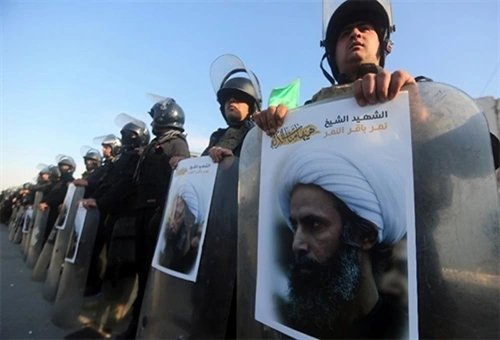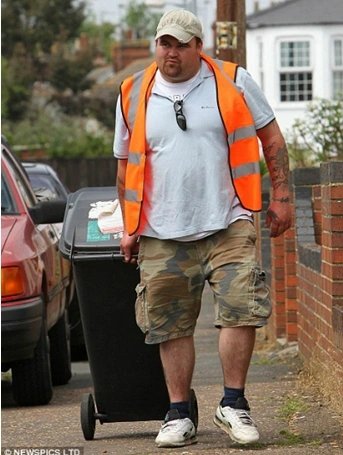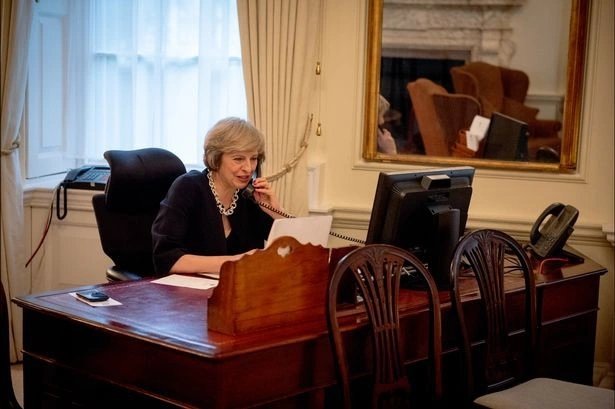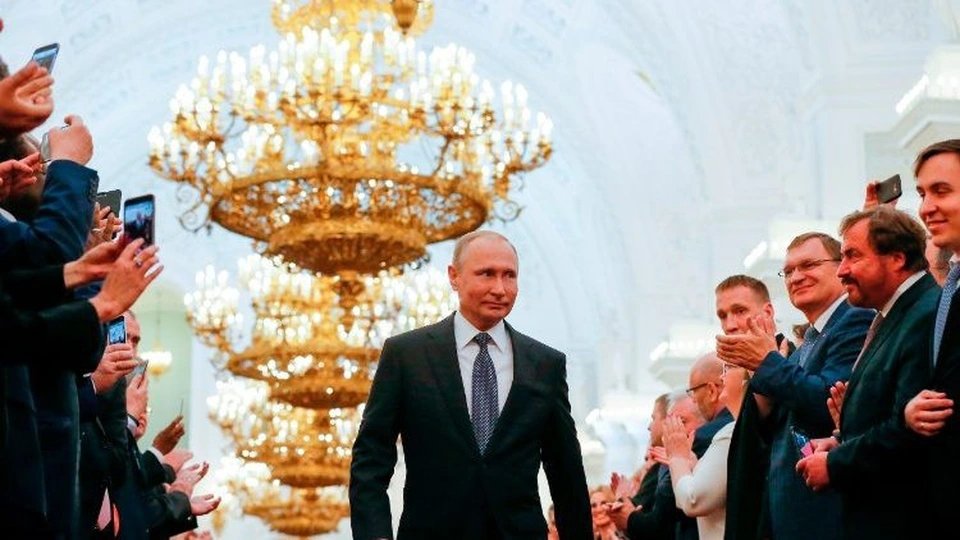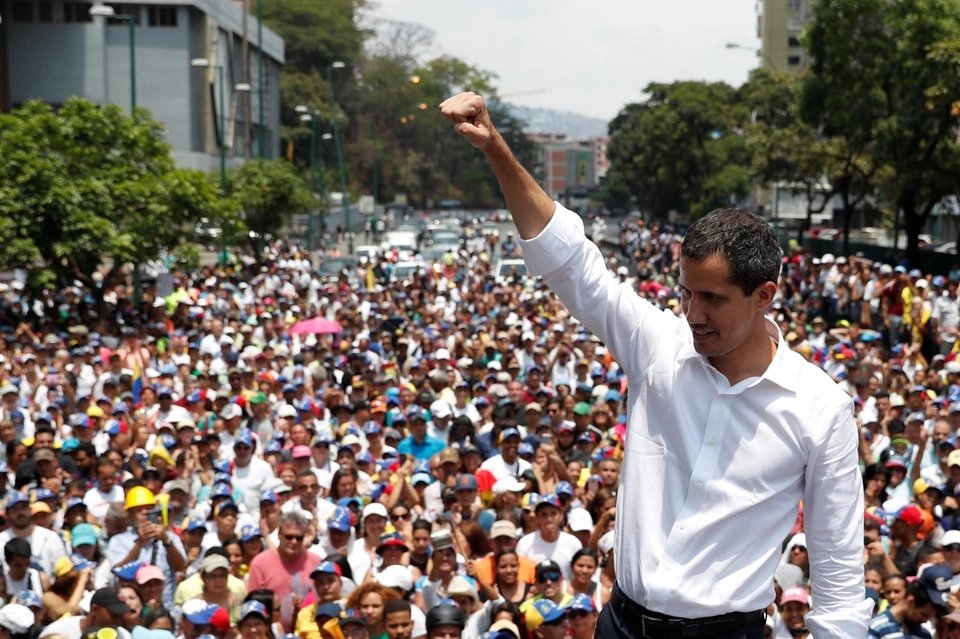
The survey was conducted from January 6 to January 18, on 68,000 people, providing an overall view of American citizens’ attitudes toward vaccines.
Previous studies have shown that to prevent the spread of Covid-19, governments need to vaccinate about 70-80% of the population.
The Joe Biden administration has outlined plans to launch a vaccination campaign focused on those with the highest levels of hesitancy, including communities of color and rural residents.
Claire Hannan, chief executive of the Immunization Association, said: `Currently vaccine supply is limited and demand is high. But in the future supply will exceed demand. We have to work very hard to establish confidence.
The anti-vaccine (anti-vax) association has found common ground with groups skeptical of pharmaceutical companies and groups opposed to blockades.
People at a vaccination site in Newark, USA, wait 15 minutes after receiving the vaccine to prevent side effects.
Even without being enticed, many Americans are still hesitant to get vaccinated.
Across countries and races, a common reason for hesitation is side effects.
Some do not trust the government, the highest proportion are between 18 and 25 years old. They believe that other people need the vaccine, not themselves.
Dr. Chris Pernell, based in Newark, has organized meetings via Zoom and Facebook to share knowledge and educate awareness for people of color.
`You should not underestimate the concerns of minority communities. We cannot judge them – people who have suffered injustice in history. This contributes to breaking their trust,` she said.
She admitted that the black community’s skepticism stemmed from unethical medical research in the past, such as the Tuskegee syphilis experiment that lasted for 40 years, since 1930. At that time, the

Protesters protesting the mask policy and blockade outside Tucson City Hall, 2020. Photo: Reuters
The emergence of British and South African variants of nCoV also hinders the prospect of vaccine-induced herd immunity.
J&J’s vaccine was 72% effective in late-stage clinical trials in the US, but this number dropped to 57% when encountering the South African variant.
Scientists warn that the South African variant will make humanity’s battle with Covid-19 much longer.

